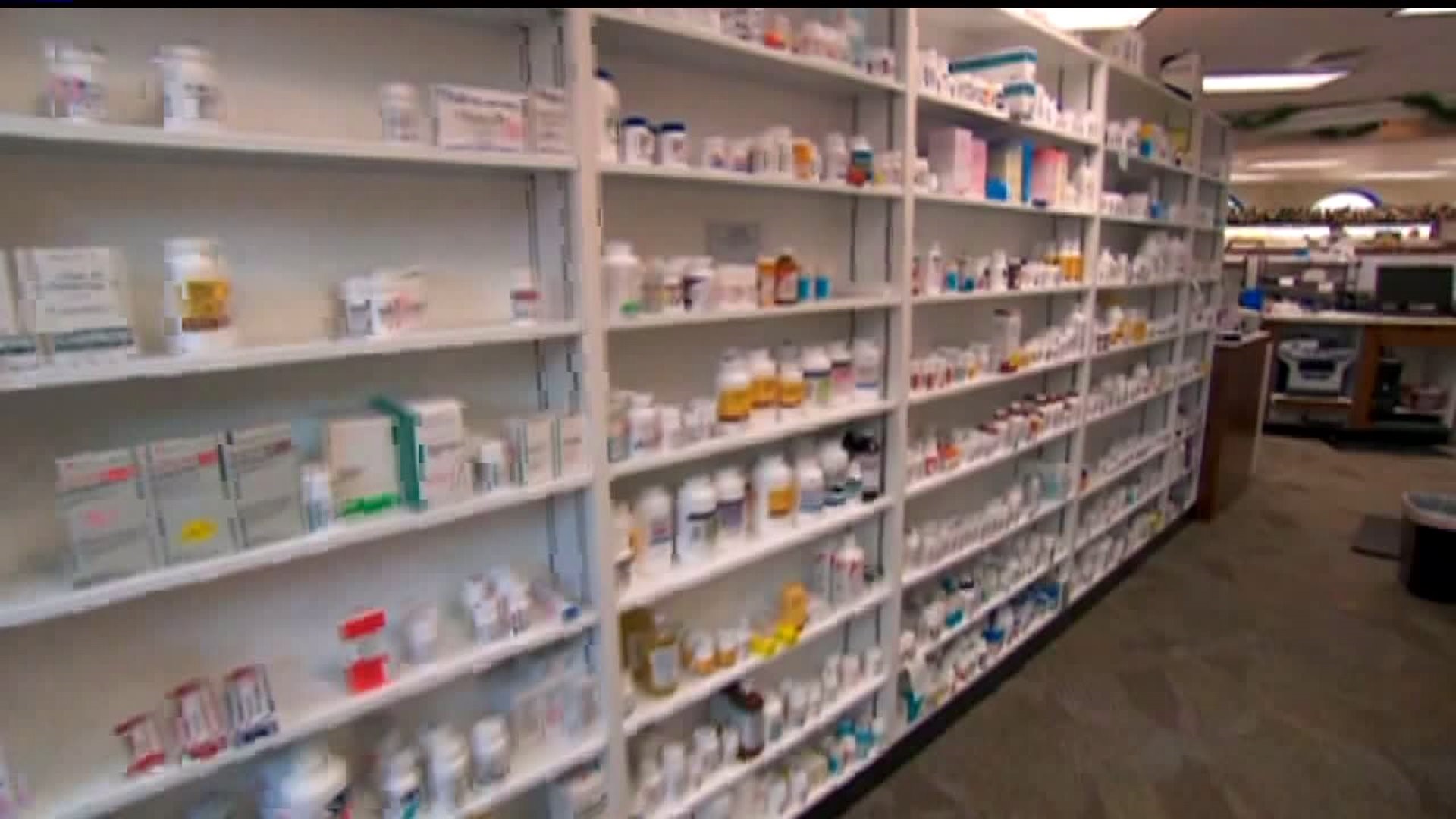WORMLEYSBURG, Pa. - Kelley Fearnbaugh says she wants people to know her story, in the hopes that it helps others learn about addiction or gives addicts hope that they can recover.
She also wants people to know that it is a difficult road with help. Without it, it's even harder.
"It's so easy to give up when you are facing roadblock after roadblock after roadblock," she said.
Fearnbaugh's addiction to opioids began like many others: recovering from multiple surgeries and health problems.
"It just kind of progressed from there," she said. "Those things stop working, you can't afford them, your doctors stop giving them to you, you can't get enough. I couldn't even tell you what a bag of heroin looked like 4 years ago."
The addiction to prescription medication eventually became a heroin addiction.
"[For] people that are having an addiction problem, if you had to make a choice into making sacrifices in your life or enjoying your life and feeling better, it's much easier not to be sober," she said.
But a little more than a year ago, she decided the high was not worth it anymore.
"It's a decision that we decided that we were going to make, and we were going to stick to it," she said. "But it gets easier every day."
That said, more help is needed.
Fearnbaugh says she does not qualify for state medical assistance because of her previous earnings. She collects disability and pays for a Medicare replacement plan, but the co-pays are higher than her paying out-of-pocket.
Even then, when she began recovery, multiple rehabilitation facilities across the state sent her packing once insurance stopped paying, she said.
In one instance, "they come in on day like number 7 or 8, in the morning said I can stay for 20 days, pulled me out of a meeting 2 hours later, and say your insurance stopped paying three days ago and you need to leave," Fearnbaugh said.
While she attempted treatment with suboxone, she had an adverse reaction to it and had to resort to methadone, which is not covered by her private insurance, she said.
"When you're trying to get through recovery, and you're just facing so many obstacles, it just makes it very, very hard," she said.
Efforts by state leaders to help have fallen short, despite their best intentions, Fearnbaugh said.
"You're looking at the top of the picture like the programs just don't filter down," she said.
But despite the high treatment costs, she says she is well on the road to recovery.
"We had to recover everything we lost, and we've had to work hard to get there," Fearnbaugh said. "It had to be a conscious choice that we wanted to turn our lives around and we just didn't want to live that way anymore."

